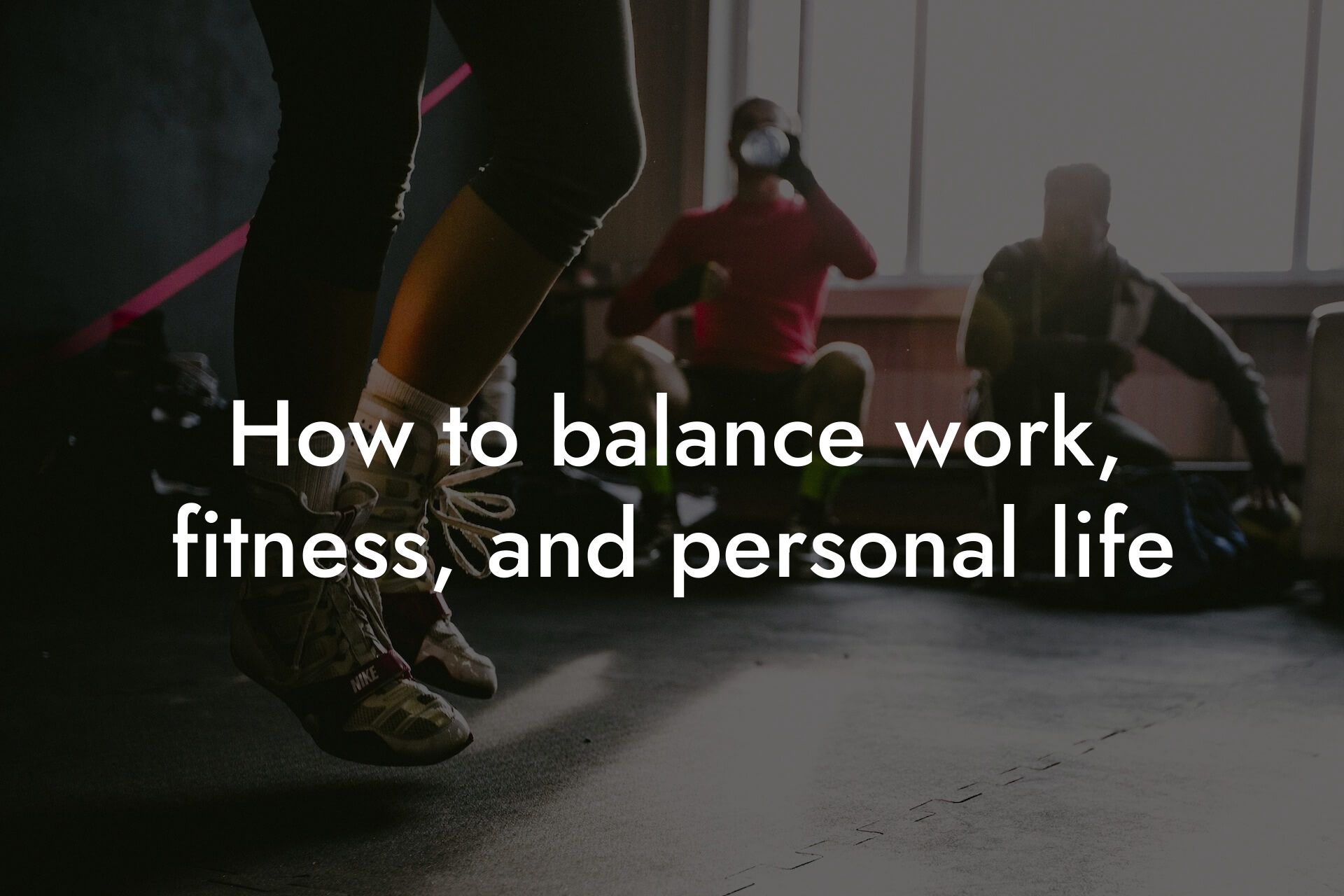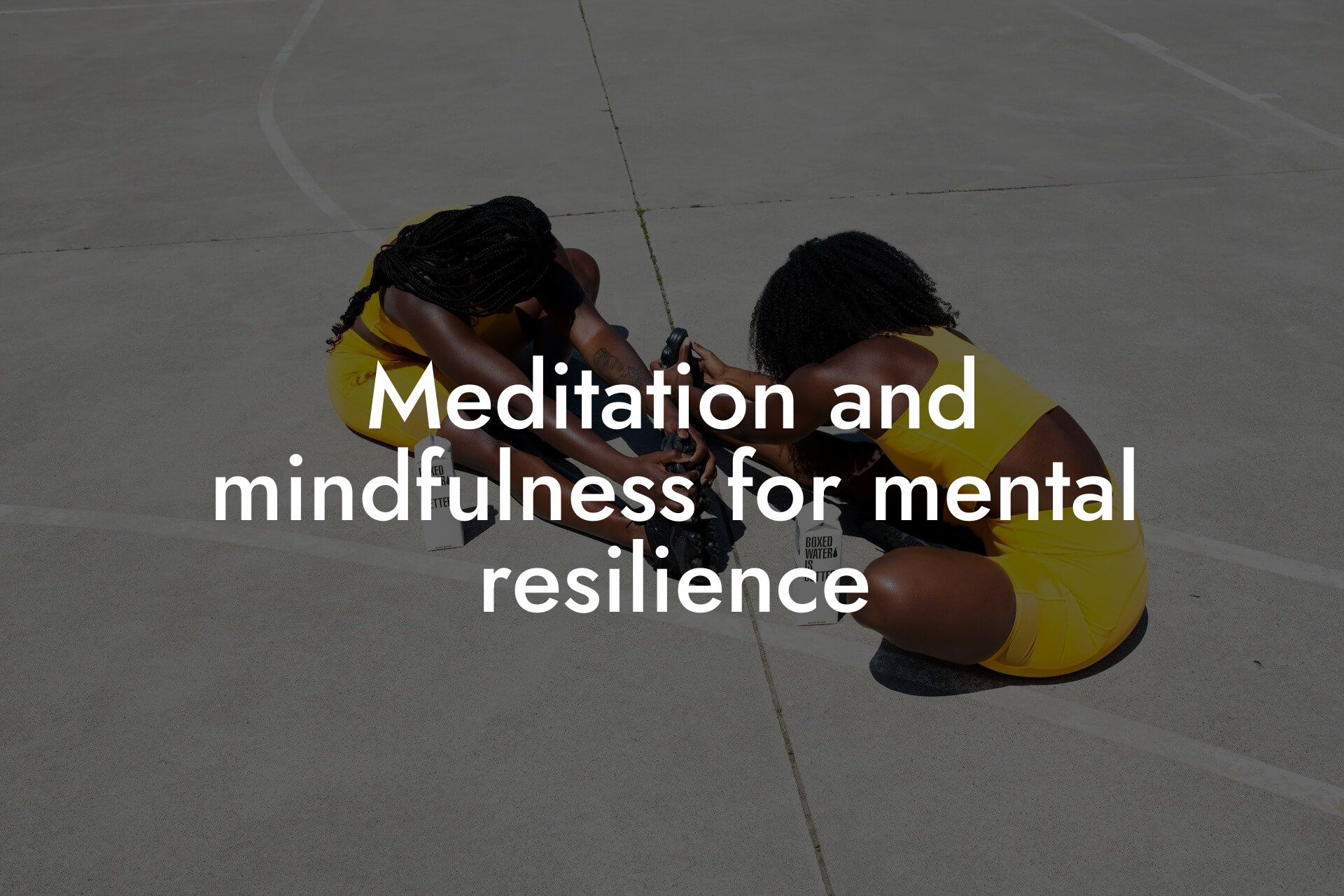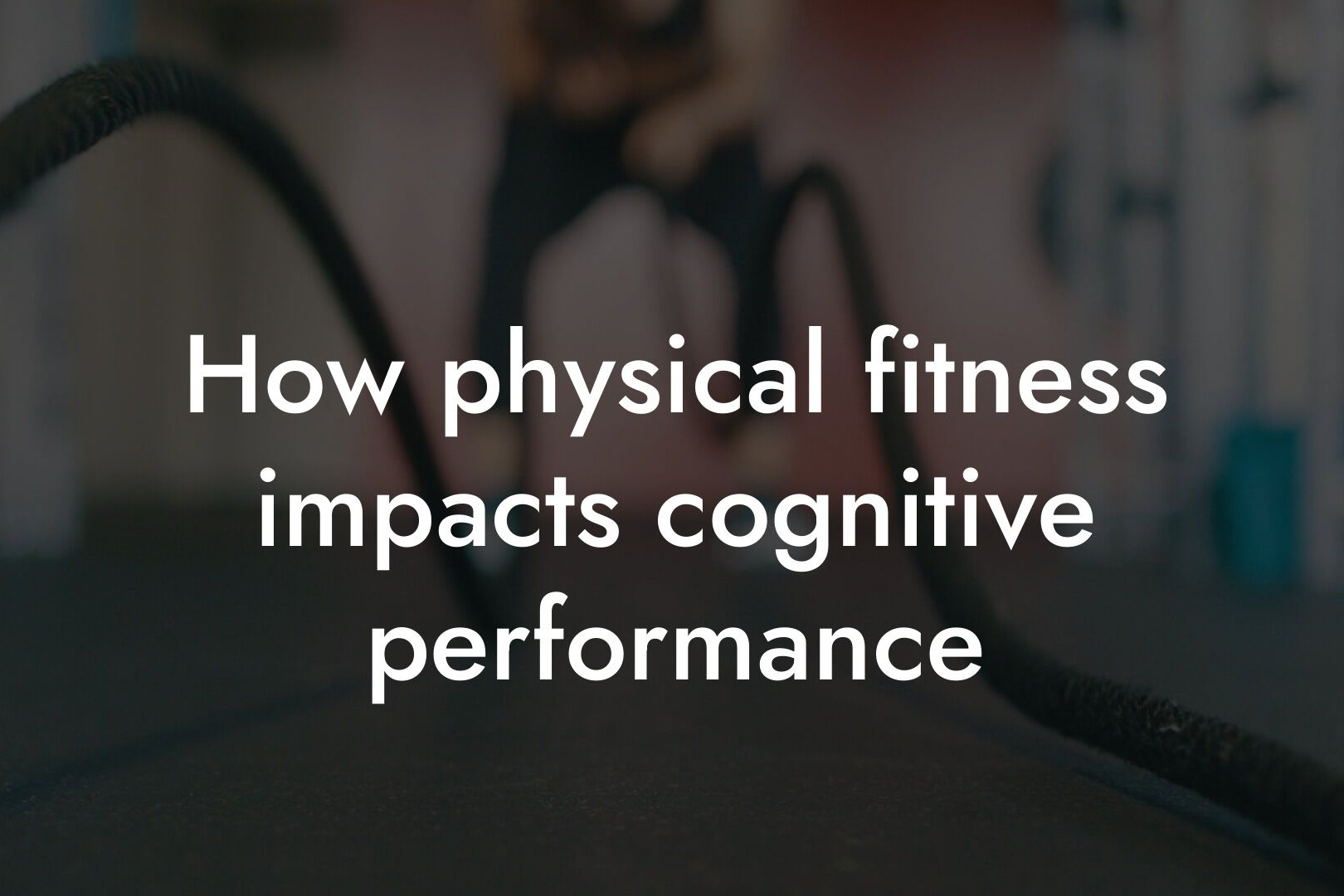As high-earning professionals, you understand the importance of presenting yourself confidently and authentically. Your physical appearance plays a significant role in shaping your self-esteem, which can have a profound impact on your personal and professional life. In this article, we will delve into the complex relationship between physical appearance and self-esteem, exploring the psychological, social, and cultural factors that influence this dynamic.
Table of Contents
- The Psychology of Physical Appearance and Self-Esteem
- The Social and Cultural Context of Physical Appearance and Self-Esteem
- The Impact of Body Fat on Self-Esteem
- The Role of Physique in Self-Esteem
- Bone Density and Self-Esteem
- The Importance of Accurate Body Assessment
- Conclusion: Empowering Yourself with Knowledge
- Frequently Asked Questions
The Psychology of Physical Appearance and Self-Esteem
Research has consistently shown that physical appearance has a profound impact on our self-esteem. When we perceive ourselves as attractive, we are more likely to feel confident, competent, and worthy. Conversely, when we perceive ourselves as unattractive, we may experience feelings of inadequacy, shame, and low self-worth. This is because our physical appearance is closely tied to our sense of identity and self-concept.
The way we perceive our physical appearance is influenced by various psychological factors, including our upbringing, cultural norms, and social media. For example, if we grew up in an environment where physical appearance was emphasized, we may internalize the message that our worth is tied to our looks. Similarly, social media platforms often present unrealistic beauty standards, leading to feelings of inadequacy and low self-esteem.
The Social and Cultural Context of Physical Appearance and Self-Esteem
Social and cultural norms play a significant role in shaping our perceptions of physical appearance and self-esteem. In many cultures, physical attractiveness is associated with success, status, and desirability. This can lead to a phenomenon known as "lookism," where individuals are judged and valued based on their physical appearance.
Furthermore, societal beauty standards are often narrow and unrealistic, perpetuating a culture of body dissatisfaction and low self-esteem. For example, the fashion industry's emphasis on thinness and youthfulness can lead to feelings of inadequacy and low self-worth among individuals who do not conform to these standards.
The Impact of Body Fat on Self-Esteem
Body fat is a critical aspect of physical appearance that can significantly impact self-esteem. Research has shown that individuals who are overweight or obese are more likely to experience low self-esteem, body dissatisfaction, and depression. This is because excess body fat is often associated with negative stereotypes, such as laziness and lack of self-control.
On the other hand, individuals who have a lean physique are often perceived as healthy, fit, and attractive. This can lead to a boost in self-esteem and confidence, as well as improved mental and physical health outcomes.
The Role of Physique in Self-Esteem
Physique, or muscle mass and tone, is another critical aspect of physical appearance that can impact self-esteem. Research has shown that individuals who have a muscular physique are more likely to experience high self-esteem, confidence, and body satisfaction.
This is because a muscular physique is often associated with strength, power, and masculinity. Furthermore, having a strong physique can improve overall health and well-being, leading to increased self-esteem and confidence.
Bone Density and Self-Esteem
Bone density is a critical aspect of physical health that can also impact self-esteem. Research has shown that individuals with low bone density are more likely to experience low self-esteem, anxiety, and depression.
This is because low bone density is often associated with frailty, weakness, and vulnerability. Furthermore, osteoporosis, a condition characterized by low bone density, can lead to feelings of shame, embarrassment, and low self-worth.
The Importance of Accurate Body Assessment
Accurate body assessment is critical for understanding the impact of physical appearance on self-esteem. At Tano Performance Group, we use DEXA (Dual-Energy X-ray Absorptiometry) machines to provide high-earning professionals with a comprehensive body assessment.
Our DEXA machines provide detailed information on body fat percentage, muscle mass, bone density, and other critical health metrics. This information can help individuals identify areas for improvement, track progress, and make informed decisions about their health and wellness.
Conclusion: Empowering Yourself with Knowledge
In conclusion, the impact of physical appearance on self-esteem is complex and multifaceted. By understanding the psychological, social, and cultural factors that influence this dynamic, we can empower ourselves with knowledge and take control of our physical health and well-being.
At Tano Performance Group, we are committed to providing high-earning professionals with the tools and resources they need to optimize their physical appearance and self-esteem. By leveraging our expertise and cutting-edge technology, you can unlock your full potential and achieve the confidence and success you deserve.
Frequently Asked Questions
What is the relationship between physical appearance and self-esteem?
Research has consistently shown that there is a strong correlation between physical appearance and self-esteem. People who are satisfied with their physical appearance tend to have higher self-esteem, while those who are dissatisfied tend to have lower self-esteem. This is because our physical appearance plays a significant role in how we perceive ourselves and how others perceive us.
How does physical appearance affect self-esteem in men and women?
While physical appearance can affect self-esteem in both men and women, research suggests that women are more likely to be affected by societal beauty standards and media representations of ideal body types. Men, on the other hand, tend to be more concerned with physical strength and muscularity. However, both men and women can experience negative body image and low self-esteem if they feel they do not meet societal beauty standards.
What are some common physical appearance-related factors that can affect self-esteem?
Some common physical appearance-related factors that can affect self-esteem include body shape and size, facial features, hair, skin, and body proportions. Additionally, body fat percentage, muscle mass, and bone density can also play a role in how people perceive themselves and their self-worth.
How does body fat percentage impact self-esteem?
Having a high body fat percentage can lead to feelings of low self-esteem and body dissatisfaction. This is because excess body fat can make people feel self-conscious about their appearance, leading to negative body image and low confidence. On the other hand, having a healthy body fat percentage can boost self-esteem and overall well-being.
What is the impact of muscle mass on self-esteem?
Having a high amount of muscle mass can have a positive impact on self-esteem, particularly in men. This is because muscle mass is often associated with strength, power, and masculinity. However, it's essential to note that an unhealthy obsession with muscle gain can lead to negative body image and low self-esteem.
How does bone density affect self-esteem?
Bone density is often overlooked when it comes to physical appearance and self-esteem. However, having low bone density can lead to feelings of fragility and vulnerability, which can negatively impact self-esteem. On the other hand, having healthy bone density can boost confidence and overall well-being.
What role does social media play in the relationship between physical appearance and self-esteem?
Social media can have a significant impact on the relationship between physical appearance and self-esteem. The constant bombardment of idealized beauty standards and unrealistic body types can lead to feelings of inadequacy and low self-esteem. Additionally, social media can create unrealistic expectations and promote consumerism, which can further exacerbate negative body image.
How can I improve my self-esteem if I'm unhappy with my physical appearance?
Improving self-esteem requires a holistic approach that focuses on self-acceptance, self-compassion, and self-care. This can involve practicing positive affirmations, setting realistic goals, and engaging in activities that promote physical and mental well-being. It's also essential to surround yourself with positive and supportive people who promote a healthy body image.
What are some common myths about physical appearance and self-esteem?
One common myth is that people with a certain physical appearance are inherently more confident or attractive. Another myth is that self-esteem is solely determined by physical appearance. In reality, self-esteem is a complex construct that involves multiple factors, including personality, relationships, and life experiences.
How can I promote a healthy body image in myself and others?
Promoting a healthy body image involves challenging societal beauty standards and promoting diversity and inclusivity. This can involve engaging in conversations that promote body positivity, avoiding negative body talk, and celebrating individuality and uniqueness. Additionally, it's essential to promote a culture of self-acceptance and self-compassion.
What are some signs of low self-esteem related to physical appearance?
Some common signs of low self-esteem related to physical appearance include negative body talk, excessive self-criticism, and avoidance of social situations due to feelings of self-consciousness. Additionally, people with low self-esteem may engage in unhealthy behaviors, such as excessive exercise or disordered eating, in an attempt to change their physical appearance.
How can I overcome negative body image and low self-esteem?
Overcoming negative body image and low self-esteem requires a comprehensive approach that involves self-reflection, self-acceptance, and self-compassion. This can involve seeking professional help, engaging in therapy or counseling, and practicing mindfulness and self-care. Additionally, it's essential to surround yourself with positive and supportive people who promote a healthy body image.
What is the impact of physical appearance on mental health?
Physical appearance can have a significant impact on mental health, particularly in terms of body dissatisfaction and low self-esteem. This can lead to anxiety, depression, and other mental health issues. Additionally, the pressure to conform to societal beauty standards can lead to feelings of stress and anxiety.
How can I improve my physical appearance without sacrificing my mental health?
Improving physical appearance without sacrificing mental health requires a holistic approach that focuses on overall well-being. This can involve setting realistic goals, engaging in activities that promote physical and mental well-being, and practicing self-compassion and self-acceptance. It's essential to prioritize mental health and avoid unhealthy behaviors that can exacerbate negative body image.
What are some common physical appearance-related issues that can affect self-esteem in high-earning professionals?
High-earning professionals may experience physical appearance-related issues such as weight gain, hair loss, and skin problems due to stress and long working hours. Additionally, they may feel pressure to conform to certain beauty standards or dress codes, which can negatively impact self-esteem.
How can high-earning professionals prioritize their physical appearance and self-esteem?
High-earning professionals can prioritize their physical appearance and self-esteem by engaging in regular exercise, practicing self-care, and setting realistic goals. Additionally, they can focus on building a positive body image by celebrating their strengths and accomplishments, and avoiding negative body talk.
What role does self-care play in promoting a positive body image and self-esteem?
Self-care plays a crucial role in promoting a positive body image and self-esteem. This can involve engaging in activities that promote physical and mental well-being, such as exercise, meditation, and spending time in nature. Additionally, self-care can involve practicing self-compassion, setting boundaries, and prioritizing overall well-being.
How can I build resilience and confidence in the face of physical appearance-related challenges?
Building resilience and confidence requires a comprehensive approach that involves self-reflection, self-acceptance, and self-compassion. This can involve setting realistic goals, practicing mindfulness, and engaging in activities that promote physical and mental well-being. Additionally, it's essential to surround yourself with positive and supportive people who promote a healthy body image.
What are some common misconceptions about physical appearance and self-esteem?
One common misconception is that physical appearance is the sole determinant of self-esteem. Another misconception is that people with a certain physical appearance are inherently more confident or attractive. In reality, self-esteem is a complex construct that involves multiple factors, including personality, relationships, and life experiences.
How can I maintain a positive body image and self-esteem in the face of societal pressure and media representation?
Maintaining a positive body image and self-esteem requires a critical approach to media representation and societal pressure. This can involve challenging unrealistic beauty standards, promoting diversity and inclusivity, and celebrating individuality and uniqueness. Additionally, it's essential to prioritize self-acceptance, self-compassion, and self-care.
What are some resources available for individuals struggling with physical appearance-related self-esteem issues?
There are numerous resources available for individuals struggling with physical appearance-related self-esteem issues, including therapy or counseling, support groups, and online resources. Additionally, individuals can seek out professionals who specialize in body image and self-esteem, such as psychologists, nutritionists, and fitness professionals.
How can I promote a positive body image and self-esteem in my community?
Promoting a positive body image and self-esteem in your community can involve engaging in conversations that promote body positivity, avoiding negative body talk, and celebrating individuality and uniqueness. Additionally, you can organize events or workshops that focus on promoting self-acceptance, self-compassion, and self-care.
Here are some related articles you might love...
- How to balance work, fitness, and personal life
- Meditation and mindfulness for mental resilience
- How physical fitness impacts cognitive performance
- Stress management techniques for busy professionals
- Overcoming body dysmorphia
- Goal setting for physical and mental well-being
- How to stay motivated during your fitness journey
- The role of exercise in preventing burnout
- The connection between physical health and mental clarity
Zak Faulkner
Zak Faulkner is a leading authority in the realm of physical health and body composition analysis, with over 15 years of experience helping professionals optimise their fitness and well-being. As one the experts behind Tano Performance Group, Zak has dedicated his career to providing in-depth, science-backed insights that empower clients to elevate their physical performance and overall health.
With extensive knowledge of DEXA technology, Zak specializes in delivering comprehensive body assessments that offer precise data on body fat, muscle mass, bone density, and overall physique. His expertise enables individuals to make informed decisions and achieve their fitness goals with accuracy and confidence. Zak’s approach is rooted in a deep understanding of human physiology, combined with a passion for helping clients unlock their full potential through personalised strategies.
Over the years, Zak has earned a reputation for his commitment to excellence, precision, and client-focused service. His guidance is trusted by top professionals who demand the best when it comes to their health. Whether advising on fitness programs, nutritional strategies, or long-term wellness plans, Zak Faulkner’s insights are a valuable resource for anyone serious about taking their health and fitness to the next level.
At Tano Performance Group, Zak continues to lead our Content Team revolutionising how professionals approach their physical health, offering unparalleled expertise that drives real results.




